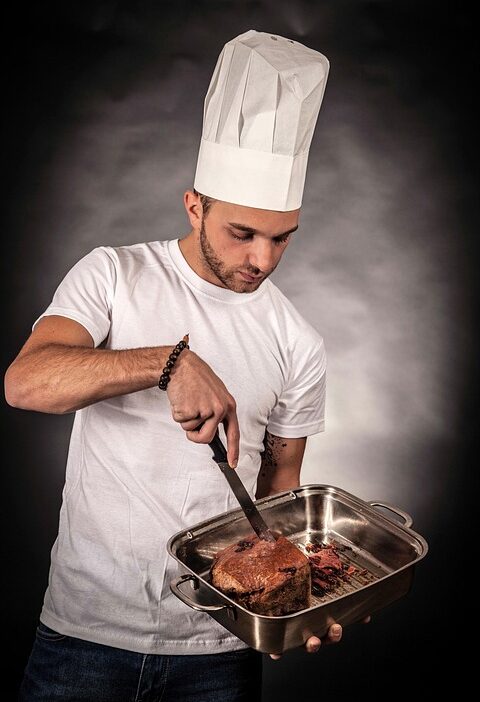Cooking at home can be a delightful adventure, but like any art, it requires practice, passion, and a few key techniques to truly master. Whether you’re a novice looking to impress your family or an experienced cook wanting to refine your skills, expert chefs have invaluable tips that can elevate your culinary game. Here are some essential strategies to help you master the kitchen.
1. Mise en Place: The Art of Preparation
One of the first lessons in any professional kitchen is the importance of mise en place, a French term that translates to "everything in its place." Before you start cooking, prepare all your ingredients. Chop vegetables, measure spices, and set out utensils. This not only speeds up your cooking process but also minimizes stress and mess.
2. Invest in Quality Tools
Quality tools can significantly enhance your cooking experience. Invest in a few essential items such as:
- Chef’s Knife: A sharp, versatile knife is a cook’s best friend. Regular sharpening is crucial for performance and safety.
- Cutting Boards: Use separate boards for meats and vegetables to avoid cross-contamination.
- Non-Stick Cookware and Cast Iron Skillet: These can make a huge difference in cooking and cleaning.
3. Master the Basics of Flavor
Understanding the fundamentals of flavor is key to creating delicious dishes. Learn to balance the five basic tastes: sweet, sour, salty, bitter, and umami. Experiment with herbs and spices to enhance your dishes. Fresh herbs like basil, cilantro, and parsley should be added towards the end of cooking for optimal flavor, while dried spices generally benefit from being added early on.
4. Cook with Seasonal Ingredients
Seasonal ingredients not only taste better but also help you connect with nature’s rhythms. Visit your local farmers’ market to discover what’s in season. Not only will this give you the freshest flavors, but it also supports local agriculture and can inspire your menu.
5. Develop Your Palate
Regularly tasting your food as you cook is essential. It helps you make adjustments and understand how different flavors interact. Keep a notepad to jot down what works (and what doesn’t) to develop your culinary intuition over time.
6. Practice the Art of Plating
Presentation can turn an ordinary meal into something extraordinary. Invest a little time in learning how to plate your dishes. Use different colors, heights, and textures to create an inviting visual appeal. Remember, we eat with our eyes first!
7. Embrace Mistakes
In the kitchen, mistakes are inevitable. Instead of getting frustrated, use them as opportunities to learn. A burnt dish can teach you valuable lessons about timing, and an unexpectedly bland sauce can guide your understanding of seasoning. Cooking should be an enjoyable process, so embrace the journey!
8. Experiment with Techniques
Don’t be afraid to step outside your comfort zone. Try different cooking techniques such as sautéing, braising, grilling, or baking. Online courses, cookbooks, and videos can enhance your knowledge and inspire new dishes.
9. Plan Your Meals
Meal planning can save you time and reduce food waste. Dedicate a day each week to plan meals, create a shopping list, and prep what you can in advance. This organization will lead to more culinary excitement and less stress during the week.
10. Stay Curious and Keep Learning
Lastly, stay curious. The culinary world is vast, and there’s always something new to learn. Follow food blogs, watch cooking shows, and experiment with different cuisines to broaden your culinary horizon.
Conclusion
Cooking is a skill that can transform ordinary ingredients into extraordinary meals. By incorporating these expert chef tips into your practice, you’ll not only improve as a home cook but also foster a deeper appreciation for the culinary arts. So roll up your sleeves, gather your ingredients, and take the first steps towards mastering the kitchen! Happy cooking!



